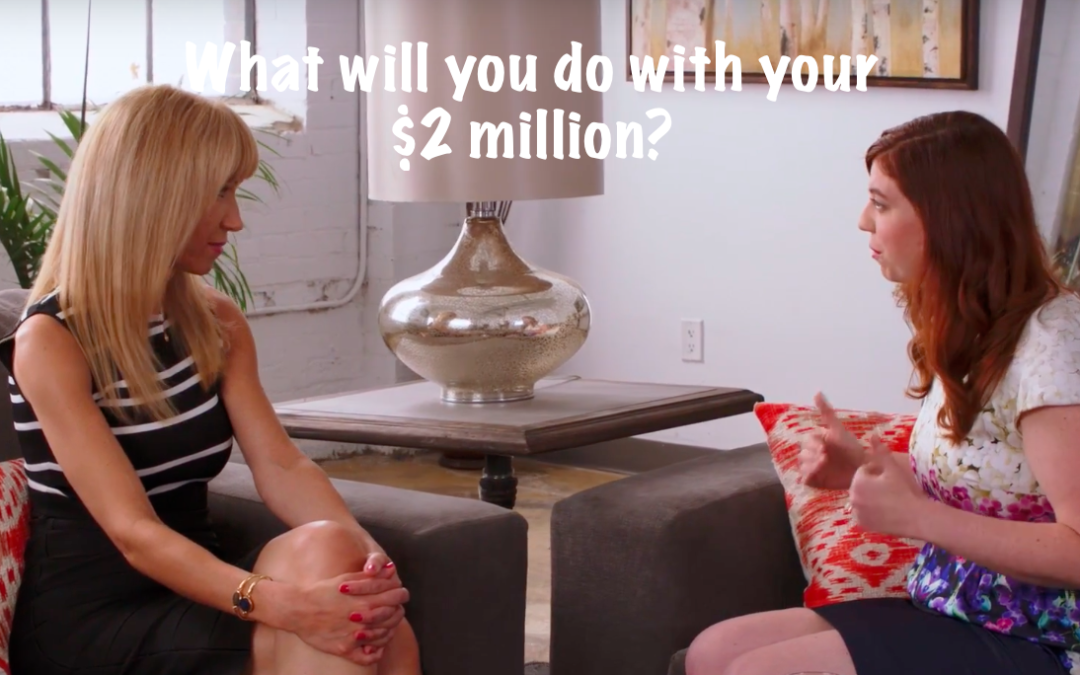The average Canadians earns $42,000. Over an entire working life, 18-65, that adds up to $2 million.
True, $2 million is barely enough to buy a nice, renovated detached house in Toronto, but that should just put the real estate market into perspective.
Obviously, the majority of Canadians are surviving, and dare we say, thriving, on $2 million spread out over a working life.
But without proper financial management that $2 million can slip easily through your fingers. It’s not really how much you make, but its how much you save and invest. Plenty of people earn FAR more than $42,000 and are still struggling every day to get buy because they are living beyond their means.
In contrast, you could be making $42,000 and perfectly comfortable, both now, and in retirement.
But how?
The biggest tip we can give is start early and start small.
Click for more videos from Financial Planning Standards Council
1. Set goals
Want to buy a house, go on vacation, retire at 65? Then make that your goal and work back from there.
Let’s say you want to return to school to do a Master degree in 3 years that will help you get a better job in your field. The tuition is $20,000 and you’re not willing to go into debt for it.
There are 36 months in 3 years. Twenty thousand divided by 36 months is $556. So each paycheque (if you get paid twice a month) you’ll have to save $278.
See how much less daunting it seems already! All you have to do now is automatically transfer that $278 every time you get paid from your chequing account to a special account marked “savings”. Painless! And if $278 is too much for your budget, you have the option of going to school in four years, or cutting back elsewhere.
2. Prioritize
We only have so much money to work with. We can’t have everything right now, sadly. Determine what really matters to you and focus on achieving those goals.
3. Budget
You don’t have to write up a huge budget spreadsheet but you do have to be mindful about your spending. It’s absolutely essential that you spend less than you make or else you’ll never get ahead.
Here’s a sample of what a budget looks like: You net $3200 per month. $1500 goes to rent, $400 goes to food, $300 to your student loans, $200 on your phone and internet, $150 on a bus pass, $100 on entertainment.
You have $550 left over! You could easily fritter that away on restaurants, bars or random stuff but instead you decide to stick in an ETF inside your TFSA.
4. Automate
Once you’ve determined your goals, priorities and budgets – automate it all! Don’t trust yourself. Let the algorithm do it for you.
5. Get professional help
If this all sounds too confusing or overwhelming for you, or if you have specific concerns, book a session with a certified financial planner.


Recent Comments